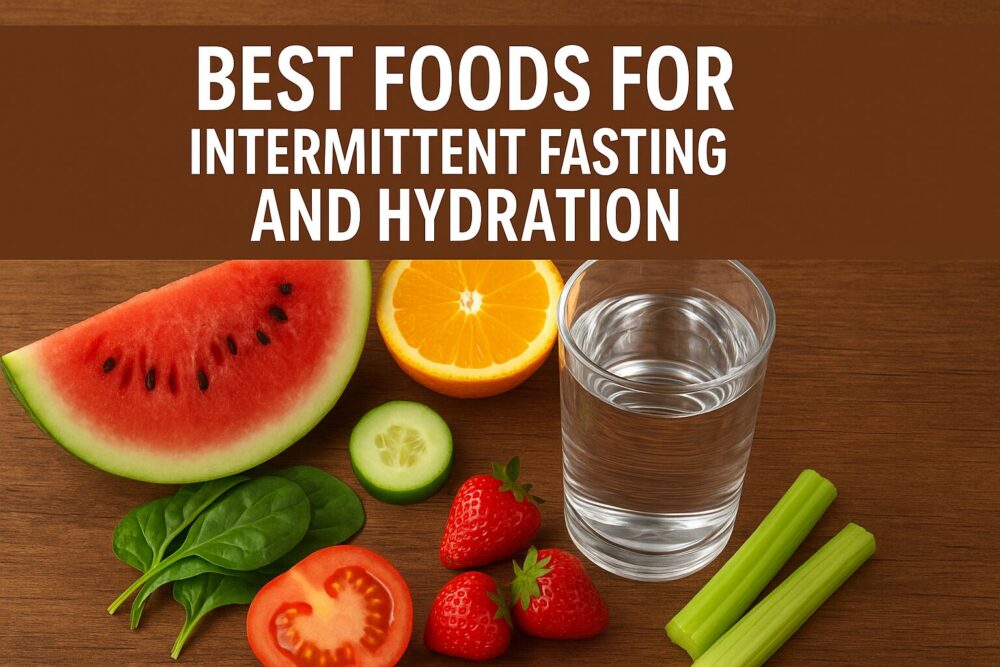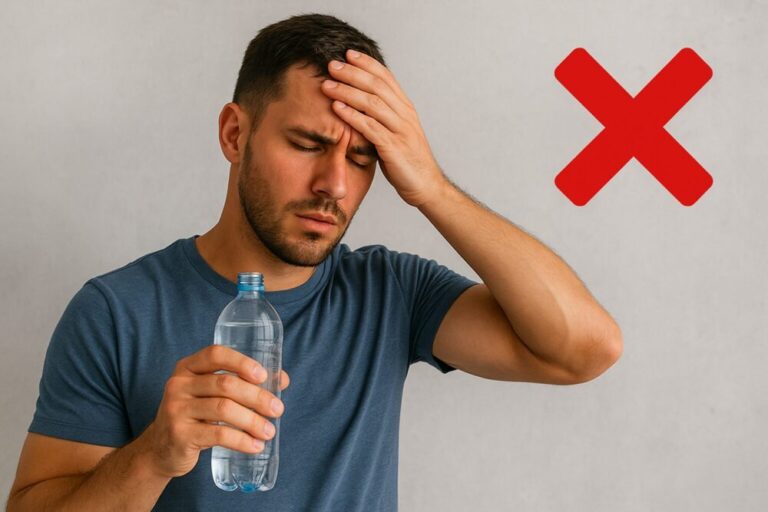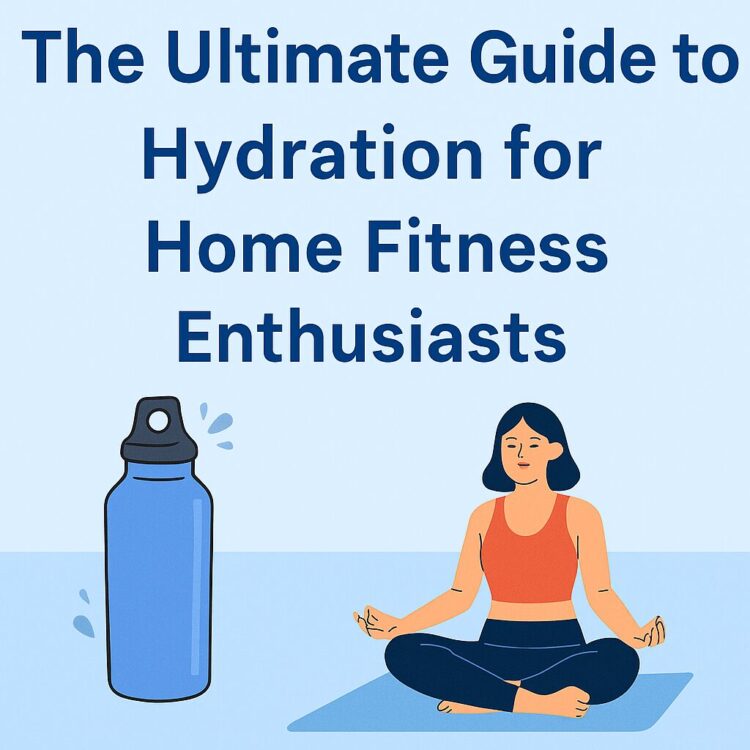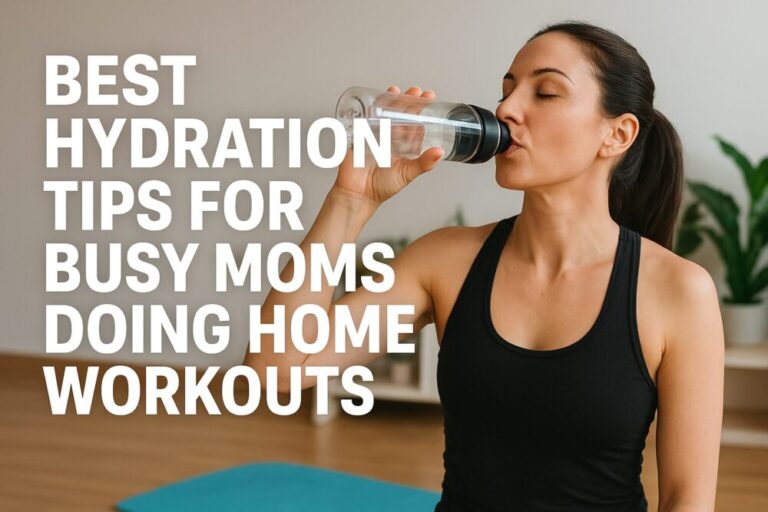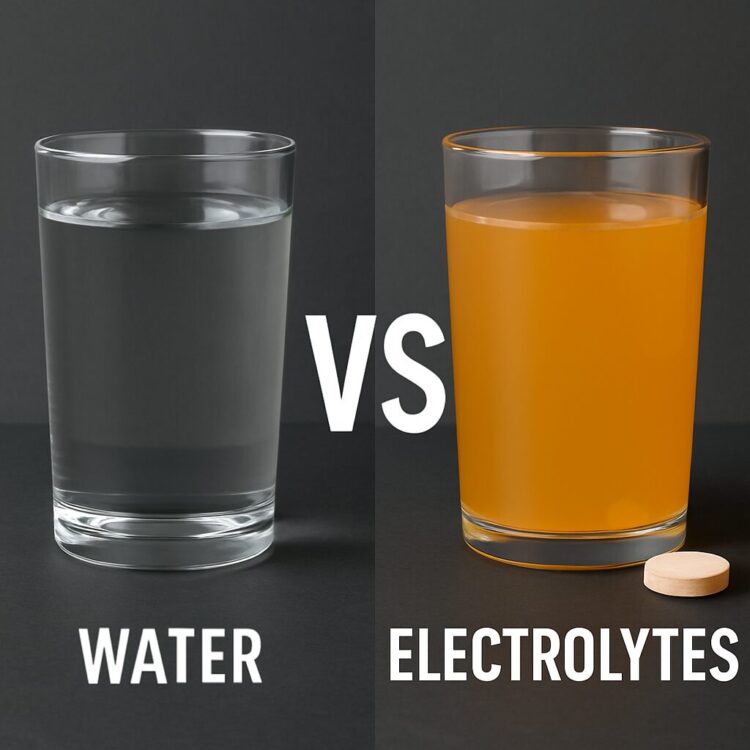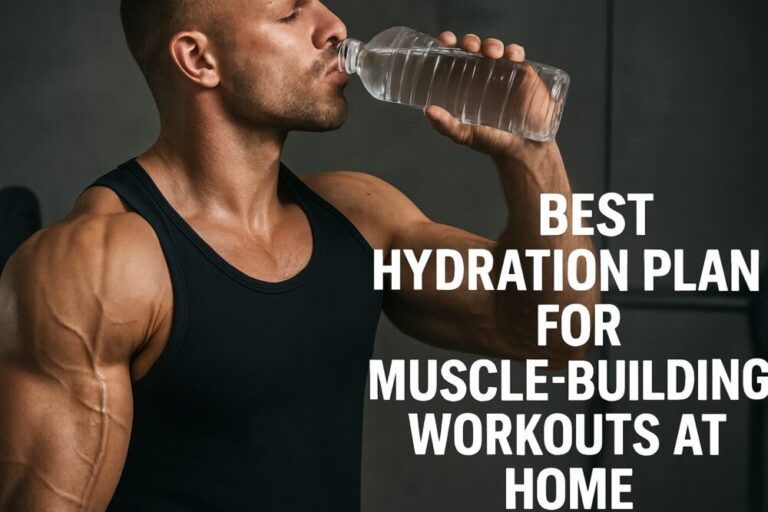If you’ve just started intermittent fasting and home workouts, you’ve probably already Googled, “Why am I so tired?” or “Why does my stomach sound like it’s auditioning for a horror movie soundtrack?” Don’t worry, you’re not broken, you’re just dehydrated and hungry… in a strategic way.
The thing is, intermittent fasting isn’t just about not eating for hours and then attacking a plate of food like a competitive eater. It’s also about eating the right foods at the right time, especially the ones that help keep you hydrated. Because nothing says “beginner mistake” like smashing through your workout only to end up on the couch with a dehydration headache, sipping sad water, wondering why your muscles feel like wet noodles.
Today, we’re diving deep into the best foods for intermittent fasting and hydration, beginner-friendly, fitness-approved, and tastebud-approved. And yes, you’ll get examples you can actually find at the grocery store… not some rare berry harvested by moonlight on a Himalayan slope.
- Understanding Water-Rich Foods in Intermittent Fasting
- 10 Best Foods for Intermittent Fasting and Hydration
- How to Combine These Foods with Your Intermittent Fasting Routine
- Drinks to Avoid During Intermittent Fasting for Proper Hydration
- Hydration Tips for Home Fitness Enthusiasts Doing Intermittent Fasting
- Conclusion
- FAQ
Understanding Water-Rich Foods in Intermittent Fasting
When you think “hydration,” you probably think “water.” And sure, water is great, zero calories, no sugar, your body loves it. But water-rich foods bring something extra to the table: minerals, electrolytes, and a slower release of hydration.
These foods are like hydration with benefits, they don’t just refill your water tank; they also keep your energy levels stable, help muscles recover, and make breaking your fast feel less like an Olympic eating event and more like a smooth performance upgrade.
If you want more ideas on staying hydrated during training sessions, check out my post on Best Foods to Eat for Better Hydration During Home Workouts, it’s the perfect companion read for this article.
10 Best Foods for Intermittent Fasting and Hydration
Here’s the part you came for, the best foods for intermittent fasting and hydration. These aren’t random picks; they’re backed by science, hydration percentage, and actual practicality.
1. Watermelon (92% water)
Think of watermelon as your sweet, refreshing hydration lifeline. Packed with potassium and amino acids like citrulline, it’s ideal for post-workout recovery during your eating window.
2. Cucumber (96% water)
Low calorie, high crunch factor, and practically a water bottle in vegetable form. Slice it into salads, dip it in hummus, or just munch it plain for a snack that’s 100% beginner-friendly.
3. Oranges (87% water)
Beyond vitamin C, oranges bring natural sugars for quick post-fasting energy and potassium for electrolyte balance. Plus, peeling one feels oddly satisfying — like unwrapping a juicy gift to yourself.
4. Strawberries (91% water)
Sweet, antioxidant-rich, and perfect for tossing into yogurt or smoothies. They’re also low calorie, making them great if your fitness goal is fat loss.
5. Celery (95% water)
The unsung hero of the veggie world. Hydrating, crunchy, and a natural source of sodium — perfect for restoring electrolytes after a sweaty workout.
6. Zucchini (94% water)
Light, versatile, and an easy add-in to stir-fries or omelets. Bonus: it’s packed with vitamin A, which supports immune function — something every fitness beginner needs.
7. Spinach (91% water)
This leafy green is a hydration booster with the added benefit of magnesium — a mineral your muscles need to function and recover properly.
8. Tomatoes (94% water)
Technically a fruit (don’t start that debate here), tomatoes bring hydration plus lycopene, an antioxidant linked to heart health.
9. Unsweetened Yogurt (around 85% water)
Not all hydration has to come from plants. Yogurt adds probiotics for gut health, protein for muscle repair, and still delivers a decent water content.
10. Coconut Water (95% water)
Nature’s electrolyte drink — rich in potassium, sodium, and magnesium. Perfect post-workout, especially if you’ve been sweating buckets during your home HIIT session.
Science-Backed Insight
Hydration isn’t just about avoiding thirst, it directly affects your performance and recovery. Research from the Journal of the International Society of Sports Nutrition shows that proper hydration improves muscle function and reduces fatigue. Similarly, a study in Nutrients highlights how water-rich foods significantly contribute to total daily hydration needs, especially in active individuals.
How to Combine These Foods with Your Intermittent Fasting Routine
Here’s the golden rule: hydrate strategically during your eating window.
Example Fast-Breaking Meal (Post-Workout):
- Bowl of unsweetened yogurt topped with strawberries and a drizzle of honey.
- Side of cucumber slices and a glass of coconut water.
Example Hydrating Snack:
- A big wedge of watermelon with a handful of spinach-tomato salad.
Why this works: you’re combining water-rich foods, electrolytes, and nutrients that your body is primed to absorb after fasting. You’re also setting yourself up to stay hydrated until your next fasting period — no 3 PM energy crash.
Drinks to Avoid During Intermittent Fasting for Proper Hydration
Not all liquids are created equal. Some will tank your hydration faster than a surprise burpee session tanks your will to live:
- Sugary juices – cause blood sugar spikes and crashes.
- Too much coffee – mild diuretic effect; fine in moderation.
- Alcohol – dehydrates and disrupts recovery.
If you’re unsure how much water to drink to balance out these effects, my guide on Water Intake Calculator: Why Every Home Athlete Needs One explains exactly how to get your personal hydration number, and yes, it’s way easier than guessing.
Hydration Tips for Home Fitness Enthusiasts Doing Intermittent Fasting
- Drink throughout your eating window rather than chugging at the end.
- Adjust on workout days — especially after intense HIIT or strength training.
- Include electrolytes if you sweat heavily.
- Use water-rich foods as part of your post-workout meal, not just snacks.
If you want to go even deeper on how to structure hydration around workouts, the Ultimate Guide to Hydration for Home Fitness Enthusiasts is packed with timing tips, workout-specific strategies, and common mistakes to avoid.
Conclusion
Intermittent fasting can feel like a balancing act, you’re managing meal timing, workouts, and energy levels all at once. But when you combine the best foods for intermittent fasting and hydration with the right water intake strategy, it’s like flipping a performance switch.
You’ll recover faster, train harder, and avoid that mid-afternoon slump that makes you question all your life choices.
So here’s your next move: stock your fridge with water-rich foods, plan your eating window meals around them, and use our free Water Intake Calculator to lock in your exact hydration needs. Because “winging it” might work for choosing a Netflix show, but for fitness and fasting, the science-backed approach always wins.
FAQ
What are the best foods for intermittent fasting and hydration?
The best foods for intermittent fasting and hydration include water-rich options like watermelon, cucumber, oranges, strawberries, spinach, and coconut water. These foods help restore fluids, electrolytes, and essential nutrients after fasting and workouts.
Can I eat fruit during intermittent fasting to stay hydrated?
You can eat fruit during your eating window, not during the fasting period. Water-rich fruits like watermelon, strawberries, and oranges are excellent choices to boost hydration without excessive calories.
How do I stay hydrated while doing intermittent fasting and home workouts?
Drink water steadily throughout your eating window, include water-rich foods in your meals, and consider electrolyte-rich drinks after intense sessions. Using a Water Intake Calculator helps determine your exact needs based on activity level.
Do water-rich foods count towards daily water intake in intermittent fasting
Yes. Studies show that water from food contributes significantly to total hydration, sometimes up to 30% of daily intake. Including hydrating foods supports both fasting and workout recovery.
What should I avoid drinking during intermittent fasting for proper hydration?
Avoid sugary drinks, alcohol, and excessive coffee during your eating window, as they can lead to dehydration or spike blood sugar. Stick to water, herbal tea, and naturally hydrating foods for the best results.

